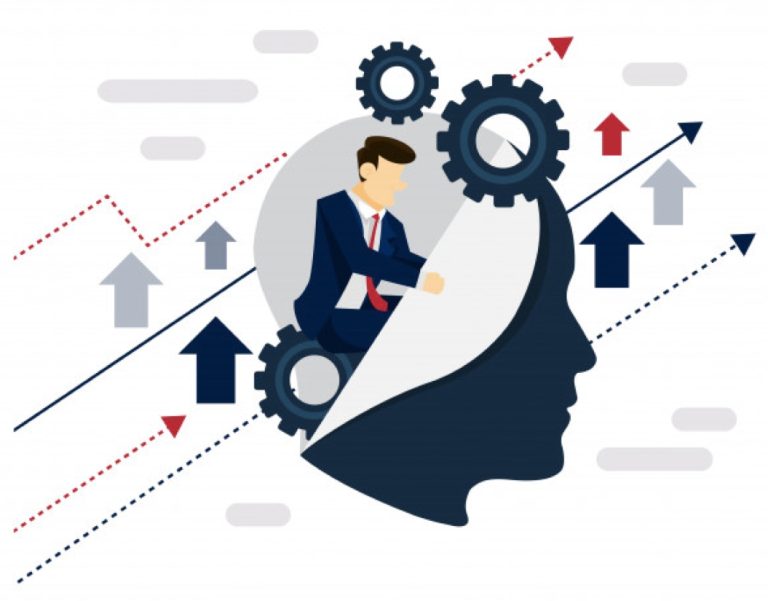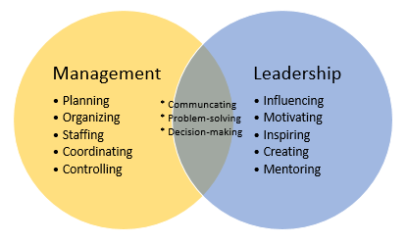What is Differential Treatment in the Workplace? Understanding Its Impact
Differential treatment in the workplace means treating employees unequally based on non-work-related factors. This often leads to unfair advantages or disadvantages among workers.
Understanding differential treatment is crucial for fostering a fair work environment. It can stem from biases related to race, gender, age, or other personal attributes. Such treatment can harm employee morale, productivity, and overall workplace harmony. Identifying and addressing differential treatment helps in building a more inclusive and equitable workplace.
It encourages a culture of respect and fairness. Employers need to be aware of these issues to create a positive and supportive work environment for all employees. This introduction will delve into what differential treatment is and why it matters in today’s workplaces.
Differential Treatment Explained
Differential treatment in the workplace means treating workers in different ways. It can be due to race, gender, age, or other personal traits. This can be unfair and make people feel bad. The law says all workers should be treated the same. Fair treatment is key for a happy and productive workplace.
Examples of differential treatment include:
- Giving promotions to only one gender.
- Paying different wages for the same job.
- Offering training to selected employees only.
- Ignoring some workers’ ideas or inputs.
- Giving more or less work based on age or race.

Credit: swartz-legal.com
Types Of Differential Treatment
Intentional differential treatment is easy to spot. It happens when someone deliberately treats others unfairly. For example, a boss might favor a friend for promotions. Unintentional differential treatment is harder to see. It occurs without realizing it. A manager might unknowingly favor employees with similar interests. Both types can harm the workplace.
Direct differential treatment is clear and obvious. For example, giving better tasks to one person. Indirect treatment is more subtle. It might involve overlooking someone for team activities. Both can create a toxic work environment. Awareness and training can help reduce these issues.
Legal Framework
Anti-discrimination laws are important. These laws protect workers from unfair treatment. They ensure everyone gets equal chances at work. Important laws include the Civil Rights Act and the Equal Pay Act. These laws cover race, gender, age, and disability. They make sure no one is treated unfairly.
Employees have many rights at work. They have the right to fair pay. They also have the right to a safe workplace. Workers can speak up about problems. They should not fear losing their jobs. Knowing these rights helps employees feel safe.
Impact On Employee Morale
Differential treatment in the workplace impacts employee morale. Unequal treatment leads to dissatisfaction and decreased motivation. Fair treatment fosters a positive work environment.
Job Satisfaction
Unequal treatment can hurt job satisfaction. Employees may feel undervalued. This leads to stress and frustration. They might not enjoy their work. Happy employees perform better. Unhappy employees do not. The workplace becomes less joyful.
Motivation Levels
Differential treatment can lower motivation. Employees may lose interest in their tasks. They may not try their best. Fair treatment boosts motivation. Employees feel appreciated. This results in higher productivity. The team works more effectively.
Effects On Workplace Culture
Differential treatment affects team dynamics greatly. It can create tension and jealousy among team members. Some may feel undervalued and ignored. This can lead to low morale and productivity. Teams may find it hard to work together. This can slow down projects and harm the company’s goals.
Trust and collaboration suffer under differential treatment. Employees need to trust each other to work well. If some are favored, trust can break. This can lead to poor communication and lack of teamwork. Collaboration becomes hard, and projects may fail. It’s important to treat all employees fairly to maintain trust and good collaboration.

Credit: www.myerslawgroup.com
Recognizing Differential Treatment
Colleagues may receive special projects while others do not. Unequal workloads can create tension. Team members might get praise for similar work differently. Some employees could feel left out of key meetings. These signs may indicate differential treatment.
Feedback from employees can reveal differential treatment. Some workers might feel ignored. Others may say they do not get fair opportunities. Listening to these concerns is vital. It can help identify and address issues early.
Preventing Differential Treatment
Training programs are key to stopping differential treatment. They teach employees about fair treatment. Everyone learns the same rules. They understand how to treat others with respect. Training can change mindsets. It builds a better workplace. Workers feel safer and valued. This leads to higher morale and better teamwork. Regular training is important. It keeps everyone updated.
Inclusive policies ensure fair treatment for all workers. These policies promote equality. They protect against discrimination. Policies should be clear and easy to understand. Everyone should know their rights. Workers must feel safe to report issues. Inclusive policies create a positive environment. They help build trust within the team. Fair policies support a diverse workplace. This leads to better performance.
Addressing Complaints
Companies should have clear reporting mechanisms. Employees must know how and where to report issues. Anonymous channels can help. They make people feel safe. Written policies are important too. They guide everyone.
Fair investigations are key. Each complaint needs attention. Steps must be clear. Evidence collection is vital. It helps to understand the issue. Neutral parties should handle investigations. This ensures fairness. Timely responses are crucial. They show care and respect.

Credit: swartz-legal.com
Frequently Asked Questions
What Is Differential Treatment In The Workplace?
Differential treatment in the workplace refers to employees being treated differently based on factors like race, gender, or age. This can result in unfair advantages or disadvantages for certain individuals or groups.
Why Is Differential Treatment Problematic?
Differential treatment is problematic because it creates an unfair work environment. It can lead to discrimination, lower employee morale, and reduced productivity. Ensuring equal treatment promotes a more inclusive and positive workplace.
How Can Differential Treatment Be Identified?
Differential treatment can be identified by observing inconsistent behavior towards employees. Look for patterns in promotions, task assignments, or disciplinary actions. Surveys and feedback from employees can also reveal instances of differential treatment.
What Are The Effects Of Differential Treatment?
The effects of differential treatment include decreased job satisfaction and increased turnover rates. It can also lead to legal issues for the employer. Ensuring fair treatment is crucial for a healthy work environment.
Conclusion
Differential treatment in the workplace harms both morale and productivity. Fair treatment is crucial. Employees feel valued and respected. This, in turn, boosts their engagement. A positive work environment leads to better performance. Addressing differential treatment benefits everyone. Promote equality and fairness consistently.
Cultivate a culture of respect and inclusion. This fosters trust and collaboration among staff. Remember, a fair workplace is a happy workplace. Implement practices that ensure everyone feels equal. This change will create a healthier work environment.




